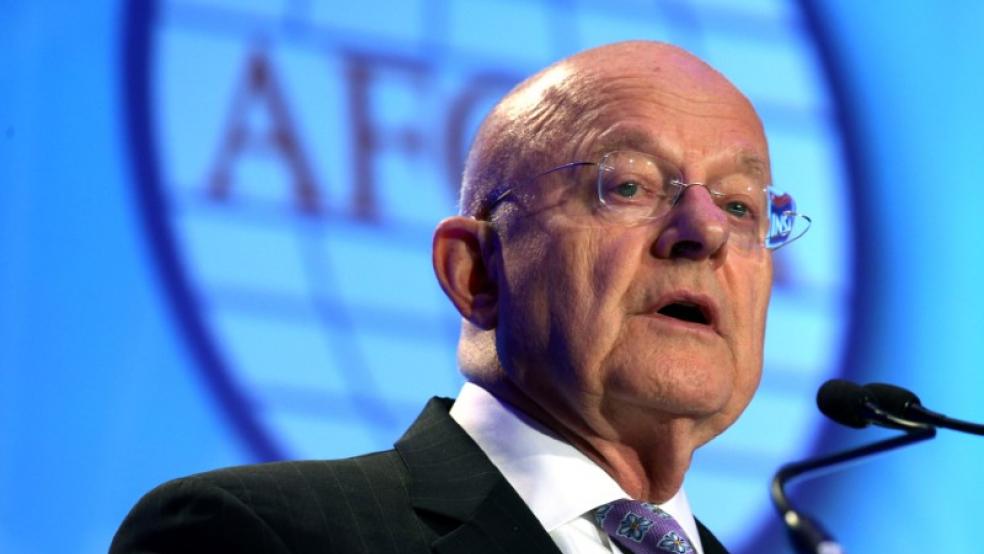The bill, passed by the Senate late on Tuesday and expected to be signed into law by President Barack Obama, stops the government's practice of routinely scooping up telephone metadata -- dialed numbers and call lengths but not the content -- from companies in bulk.
Instead, the National Security Agency and others in the U.S. intelligence community would have to request more targeted data from companies with a court order.Most notably, changes to the legislation that would have set specific requirements for how long the companies have to keep the metadata failed to pass.That's just what the leading wireless carrier, Verizon, had requested in testimony to the Senate leading up to the vote."We support the USA Freedom Act," Assistant General Counsel Michael Woods said in a Senate hearing last year, adding that the companies wanted flexibility to adapt their practices in the face of changing technology.The bill was transparent about how government could request data, he said, and it "firmly rejects the idea that Verizon or any other communications providers, be compelled to retain and collect data beyond that needed for business purposes."Credo, a mobile company that advocates for progressive causes, had opposed the Freedom Act, but major carriers appeared neutral on the legislation, as long as it excluded retention requirements, advocacy groups said. Verizon, AT&T, Sprint and T-Mobile declined to discuss the legislation.The Federal Communications Commission require telephone companies to keep records on "toll" or long-distance calls for at least 18 months, largely to resolve billing disputes. Some have adopted similar approaches to wireless calls, though the rule's application was vague to unlimited-calling plans that do not get billed for individual calls."Since NSA-reformers have had a hand in this legislation, this puts a stamp of approval on the existing practices of these companies," said Daniel Castro, vice president of the Information Technology & Innovation Foundation.U.S. Attorney General Loretta Lynch and Director of National Intelligence James Clapper told lawmakers in a letter last year that the carriers' existing practices "will retain the essential operational capabilities of the existing bulk telephone metadata program while eliminating bulk collecting by the government." (Reporting by Alina Selyukh and Malathi Nayak; Editing by Peter Henderson and Alan Crosby)U.S. phone companies escape new data storage mandate in surveillance bill

Kevin Lamarque



